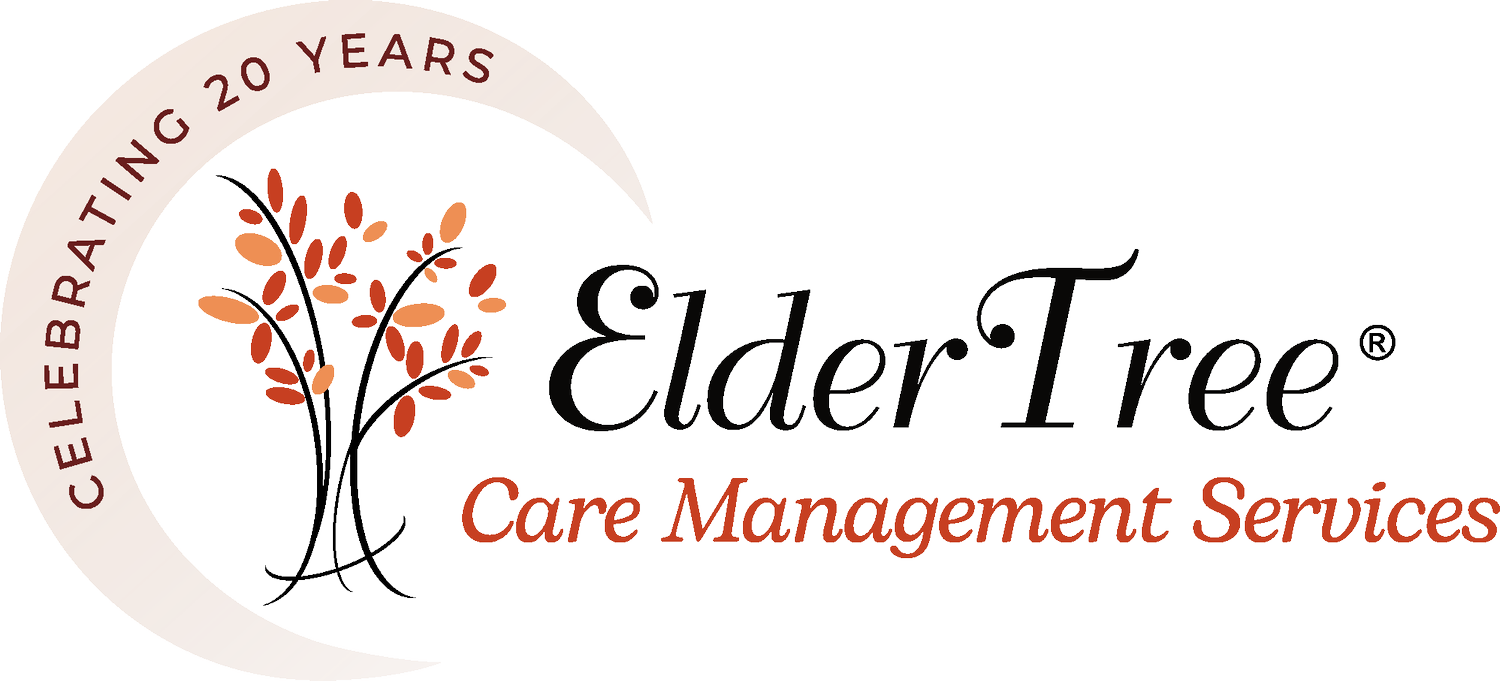The Glass Half Full: Focusing on What has Not Been Lost and the Positives of Aging
The Glass Half Full: Focusing on What has Not Been Lost and the Positives of Aging
When an elder and their loved one is faced with a challenging diagnosis or if they are simply on the journey of aging, it can be very easy to focus on what has been lost. They begin to feel a loss of control and independence and often pine for “the good old days.” It is so important to bring back those good old days and provide elders with positive experiences in ways in which they can still be set up for success.
Foster Independence and a Sense of Purpose
As a music therapist and someone who worked in life enrichment and recreation for many years, I always strive to find the abilities that the elder still possesses and do my best to emphasize them. The aging process is made up of a variety of physical, cognitive, emotional and mental changes and it can be quite overwhelming for all involved. An elder often feels a loss of control and independence, and I strive to do what I can to allow that independence and control in a safe and healthy way. If an individual is not able to read due to vision impairment, can they listen to audio books? If a senior with cognitive impairment is not able to cook anymore, can they assist with a baking activity? If someone was a teacher, can they be encouraged to teach and share their knowledge with their peers in a way that sets them up for success?
Continue doing things one loves - adapt the activity if needed
It is vital to ensure that elders continue doing what they love despite the changes that they are experiencing in mind and body. As someone ages, they become more and more experienced, and it is so important to encourage seniors to share those stories and experiences with those around them. It helps give them a sense of purpose in their world that is otherwise changing and evolving on their aging journey.
— Claire MacHenry, MT-BC, AAP, CDP
Senior Care Manager

